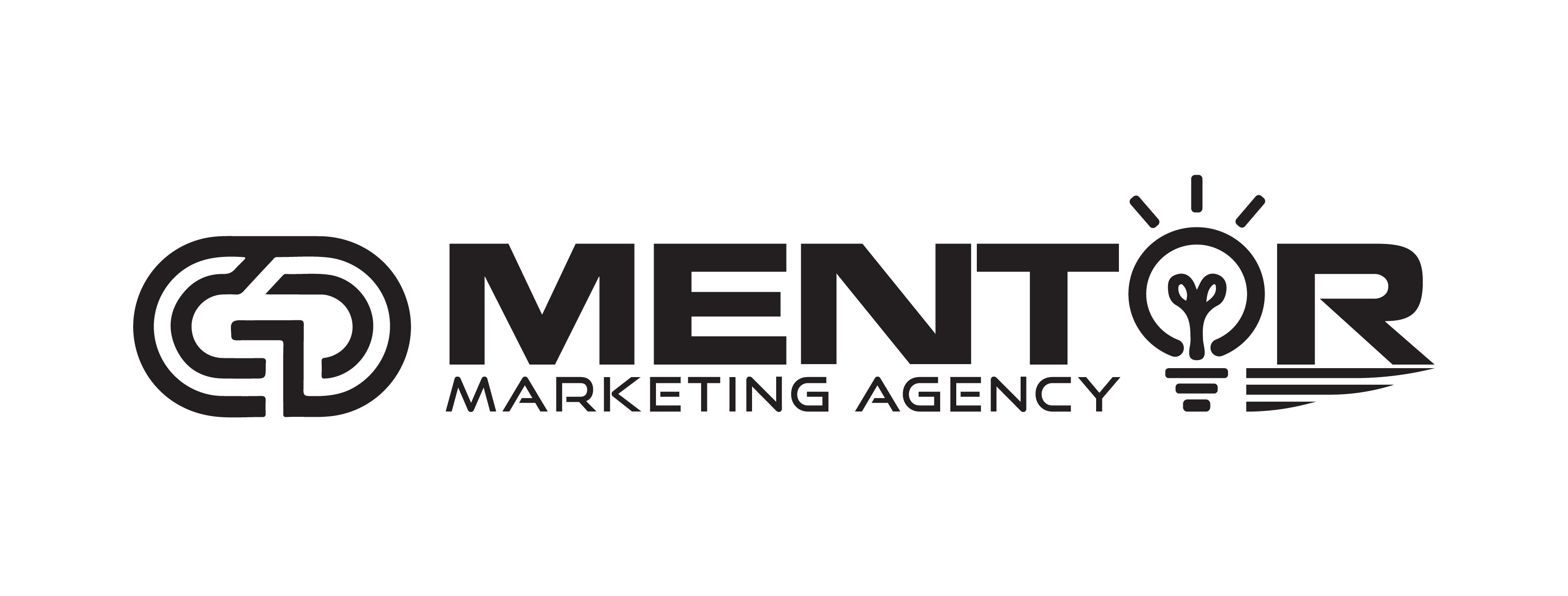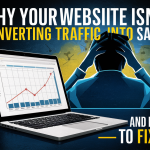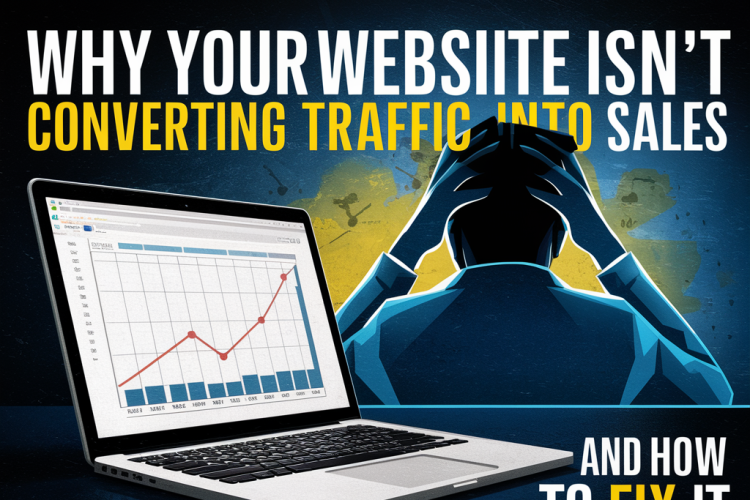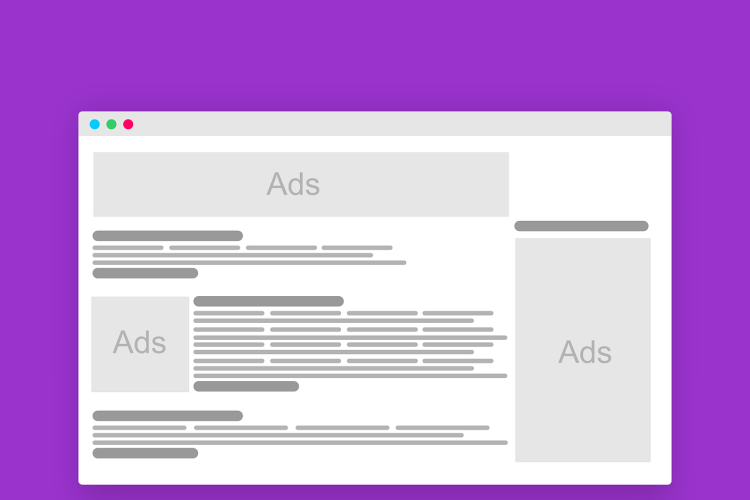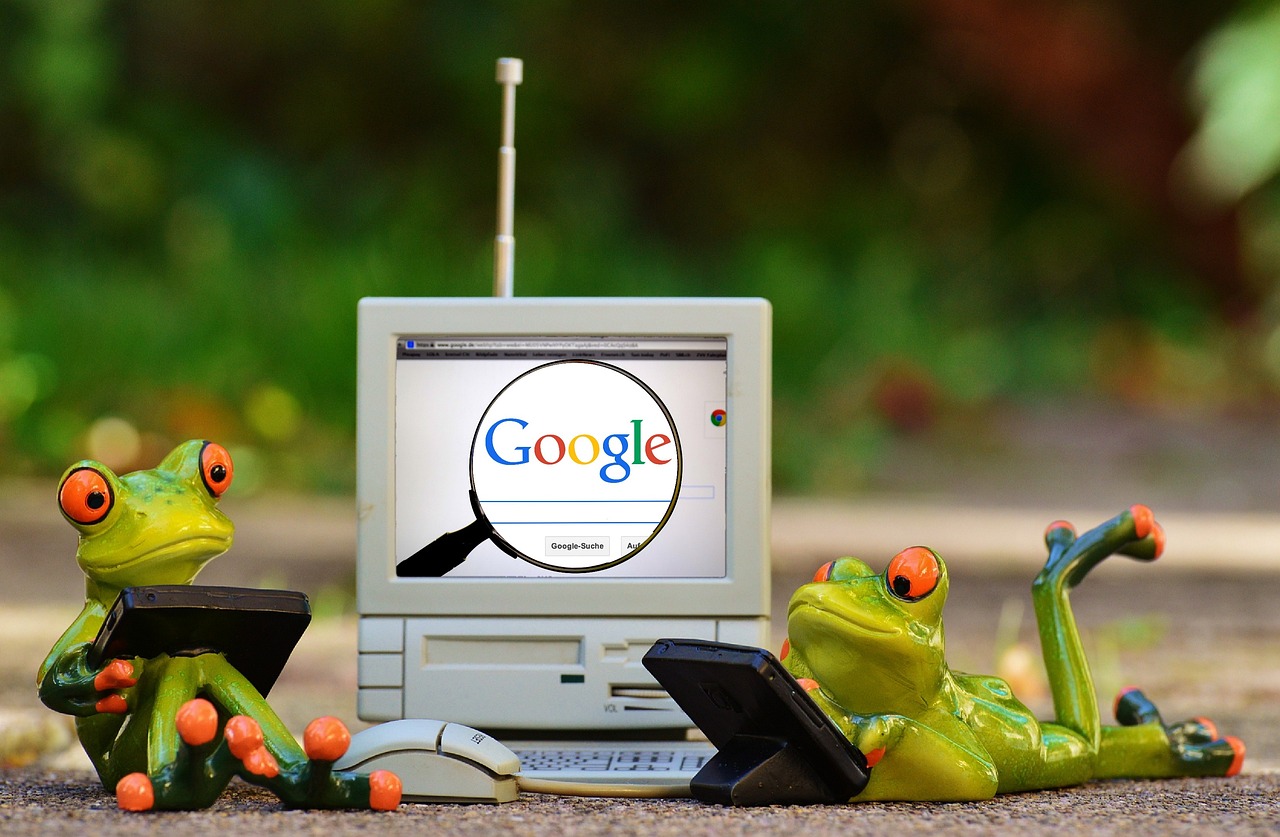
In the fast-paced world of digital advertising, staying ahead requires more than manual tweaks and guesswork. Enter artificial intelligence (AI)—a game-changer for Google Ads optimization. AI-powered tools analyze vast datasets, predict trends, and automate decisions to maximize ROI, save time, and outperform competitors. Whether you’re a seasoned marketer or a small business owner, here’s how to harness AI to supercharge your Google Ads campaigns.
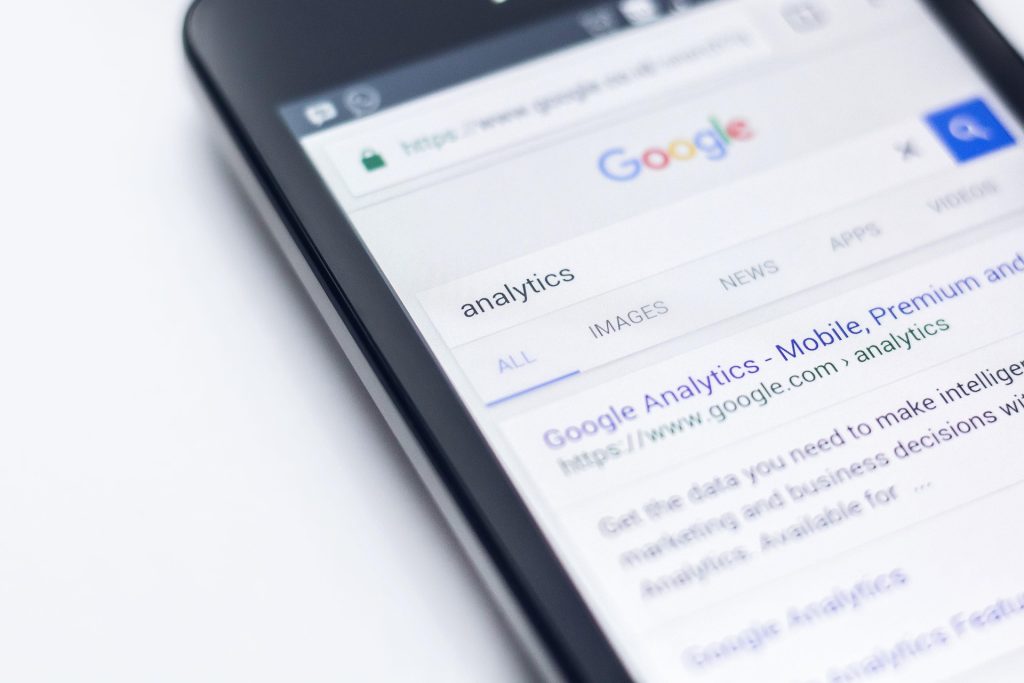
Why AI is Essential for Google Ads Optimization
Google processes over 8.5 billion searches daily, creating a dynamic, complex landscape for advertisers. AI excels here by:
- Processing data at scale: Analyzing millions of signals (keywords, user behavior, device types) in real-time.
- Predicting outcomes: Forecasting clicks, conversions, and bid adjustments.
- Automating repetitive tasks: Freeing marketers to focus on strategy and creativity.
Without AI, keeping up with Google’s ever-evolving algorithms and competition is nearly impossible.
AI-Powered Tools and Techniques to Optimize Google Ads
1. Smart Bidding Strategies
Google’s AI-driven Smart Bidding uses machine learning to optimize bids for conversions or conversion value. Key strategies include:
- Target CPA (Cost-Per-Acquisition): Automatically adjusts bids to hit your desired CPA.
- Target ROAS (Return on Ad Spend): Maximizes revenue based on your target return.
- Maximize Conversions: Aggressively pursues conversions within your budget.
Pro Tip: Combine Smart Bidding with seasonality adjustments to account for holidays or sales events.
2. AI-Driven Keyword Optimization
AI tools like Google’s Keyword Planner and third-party platforms (e.g., SEMrush, WordStream) identify high-performing keywords and negative keywords. Use AI to:
- Discover long-tail keywords with lower competition.
- Predict keyword performance based on historical data.
- Group keywords thematically for tighter ad groups.
Example: Tools like Optmyzr use AI to recommend keyword bid adjustments based on real-time competition.
3. Dynamic Search Ads (DSA)
DSAs leverage AI to scan your website and generate ads tailored to users’ search queries. Benefits include:
- Filling keyword gaps: Target searches you haven’t manually added.
- Saving time: Automatically creates headlines and landing page matches.
- Scaling reach: Ideal for large inventories (e-commerce, publishers).
Pro Tip: Pair DSAs with a robust negative keyword list to avoid irrelevant matches.
4. Predictive Audience Targeting
AI tools like Google’s Audience Insights and Microsoft Clarity analyze user behavior to identify high-value audiences. Techniques include:
- Custom Intent Audiences: Target users based on recent search behavior.
- Lookalike Audiences: Use AI to find users similar to your best customers.
- Demographic Adjustments: Automatically shift bids toward high-converting age groups or genders.
Tool Spotlight: Adobe Advertising Cloud uses predictive analytics to allocate budget across channels for maximum impact.
5. AI-Generated Ad Copy
Tools like Phrasee, Copy.ai, and Google’s Responsive Search Ads (RSAs) use natural language processing (NLP) to create and test ad variations. Benefits include:
- Personalization at scale: Generate location-specific or product-focused copy.
- A/B testing automation: Let AI determine top-performing headlines and CTAs.
- Emotion-driven messaging: Phrasee’s AI predicts which language drives clicks.
Example: An RSA combining 15 headlines and 4 descriptions can generate thousands of AI-optimized ad combinations.
6. Performance Forecasting and Budget Allocation
AI platforms like Optmyzr and Google’s Performance Planner predict how budget changes impact clicks, conversions, and ROAS. Use these insights to:
- Reallocate spending to top-performing campaigns.
- Avoid budget waste in underperforming channels.
- Plan for seasonal peaks (e.g., Black Friday, back-to-school).
7. Real-Time Fraud Detection
AI tools like ClickCease and PPC Protect identify click fraud by analyzing patterns in IP addresses, click timing, and device data. Protect your budget by:
- Blocking bots and malicious clicks.
- Issuing automatic refunds for invalid traffic.
Challenges and Best Practices for AI-Powered Campaigns
1. Data Quality Matters
AI thrives on clean, structured data. Ensure your:
- Conversion tracking is accurate.
- Google Analytics 4 (GA4) is properly integrated.
- CRM data is synced with Google Ads.
2. Balance Automation with Human Oversight
While AI handles grunt work, human expertise is vital for:
- Setting strategic goals.
- Interpreting nuanced data (e.g., brand sentiment).
- Avoiding over-optimization (e.g., ignoring emerging markets).
3. Continuously Test and Learn
Run experiments to compare AI-driven campaigns with manual ones. Use Google’s Draft & Experiments tool to validate changes.
Case Study: How AI Doubled ROAS for an E-Commerce Brand
A mid-sized fashion retailer used Google’s Smart Shopping Campaigns (now Performance Max) combined with Optmyzr’s AI recommendations to:
- Automatically adjust bids based on real-time sales data.
- Retarget users who abandoned carts with dynamic ads.
- Cut CPA by 40% and double ROAS in 3 months.
Top AI Tools for Google Ads Optimization
- Google Performance Max: End-to-end AI campaigns across Google’s inventory.
- Optmyzr: Automated bid rules, keyword suggestions, and budget pacing.
- WordStream: AI-guided recommendations for small businesses.
- Acquisio: Machine learning for cross-channel budget allocation.
- Adzooma: One-click optimizations and performance reports.
The Future of AI in Google Ads
Expect advancements like:
- Hyper-personalized ads using real-time context (weather, local events).
- Voice search optimization as smart speakers grow.
- Predictive customer journeys that adjust ads based on lifetime value.
Conclusion
AI isn’t replacing marketers—it’s empowering them. By automating bids, refining targeting, and generating data-driven insights, AI tools transform Google Ads from a cost center to a revenue engine. Start small: test Smart Bidding, experiment with RSAs, or try a third-party AI platform. Measure results, iterate, and watch your efficiency—and ROI—soar.
Pro Tip: Stay updated with Google’s AI innovations, like Advantage+ Shopping Campaigns, to maintain a competitive edge.
Ready to future-proof your Google Ads strategy? Embrace AI today. 🚀
